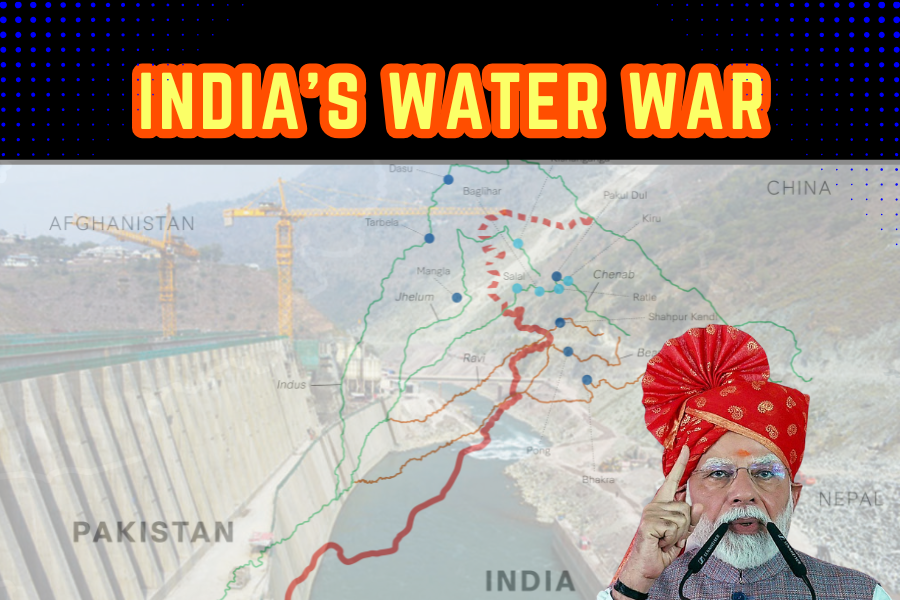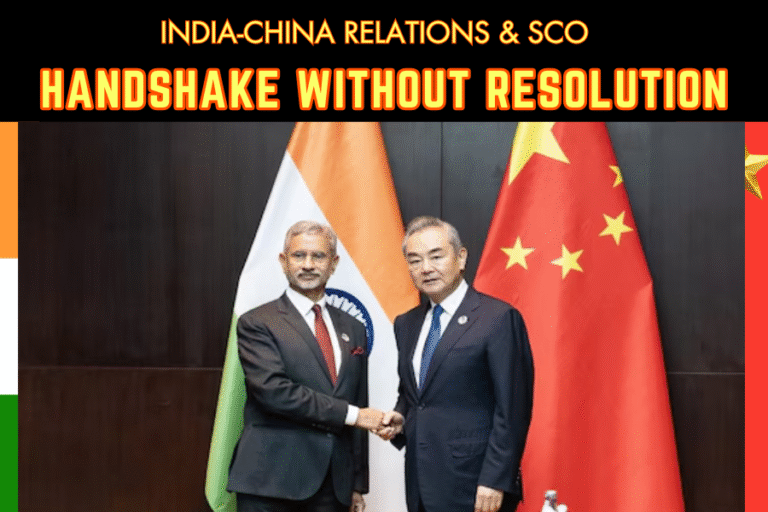(By Ayesha Mahnoor)
There comes a time in history when the arrogance of a nation exceeds the boundaries of diplomacy, legality, and reason—and begins to endanger the peace of an entire region. That time has come. And the offender is none other than India.
In its latest display of belligerence, India has brazenly vowed to stop the waters of the Chenab, Jhelum, and even the mighty Indus, all of which rightfully belong to Pakistan under the Indus Waters Treaty of 1960. These rivers are not India’s to give or take—they are a sacred and legally protected lifeline for Pakistan, entrusted by treaty and recognised by the international community.
And yet, with the flick of political arrogance and Hindutva-fuelled delusion, India is now pursuing a strategy to weaponise water, choke Pakistan’s rivers, and break a treaty it has no authority to suspend unilaterally. Let us be clear: India is playing with fire.
A Treaty Not Made to be Broken
The Indus Waters Treaty (IWT), brokered by the World Bank, has withstood wars, crises, and political upheaval for over six decades. It divided the six rivers of the Indus basin, giving Pakistan control over the three western rivers—Indus, Chenab, and Jhelum—and India over the three eastern ones—Ravi, Beas, and Sutlej. Despite this, India has been constantly violating both the letter and spirit of the agreement by building dams and reservoirs to control flow, delay release, and manipulate irrigation cycles in Pakistan.
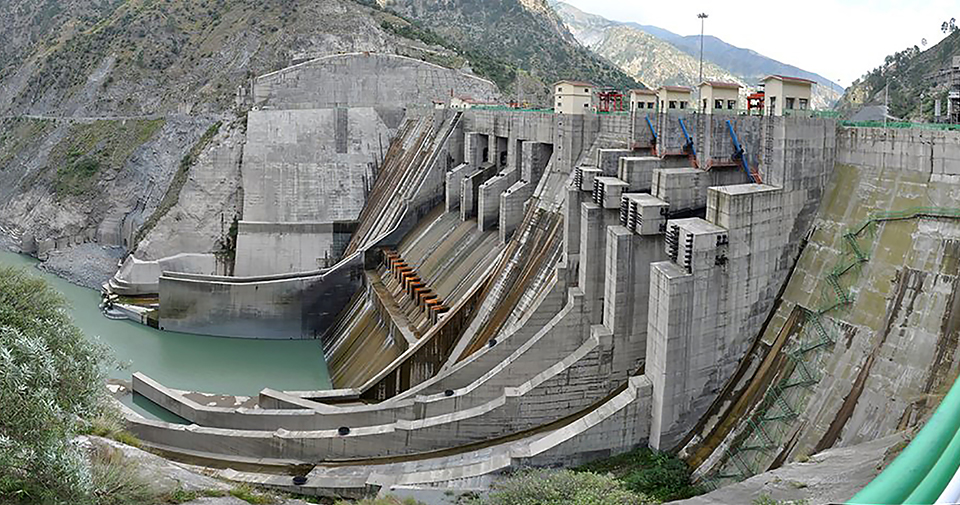
The latest move—India’s plan to construct a 113-km canal network to divert Chenab water into Indian states like Punjab, Haryana, and even Rajasthan—is nothing less than economic sabotage.
And for what purpose? To punish Pakistan? To project regional hegemony? Or simply to feed the egos of a few in New Delhi who mistake cruelty for strength?
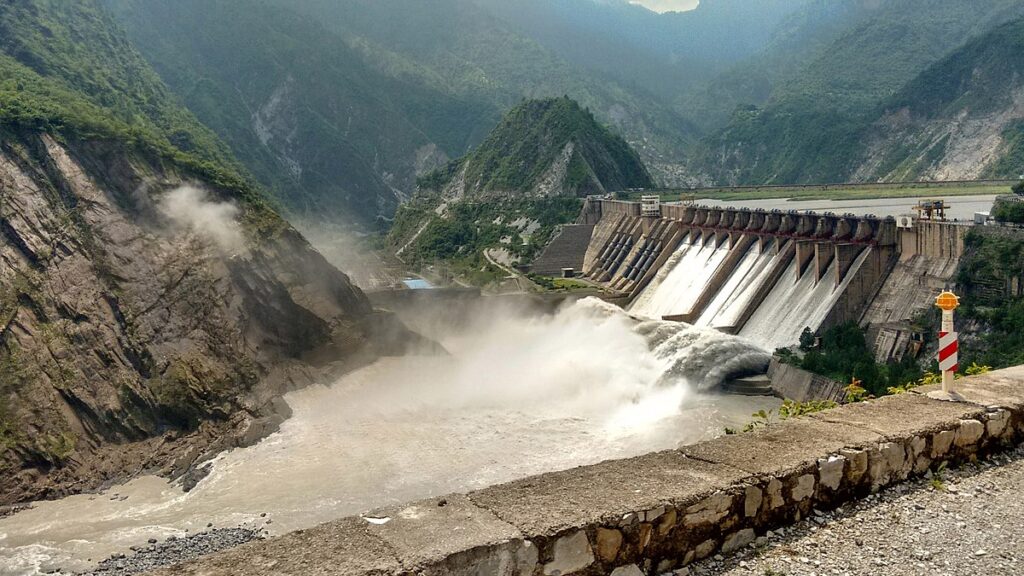
China’s Warning: The Brahmaputra is Not Yours Alone
India’s water war may not remain confined to the western front. China has responded with a chilling but fair warning—if India attempts to block Pakistan’s water, it must prepare for reciprocal action on the Brahmaputra, which originates in Chinese-controlled Tibet and flows into India’s northeastern states.
Beijing’s message is unambiguous: You will be paid in the same coin.
This warning strikes at India’s blind spot. While it postures aggressively toward Pakistan, it forgets that it is not the sole gatekeeper of South Asia’s rivers. If India continues on this reckless path, it risks turning the subcontinent into a theatre of ecological warfare—with devastating consequences.
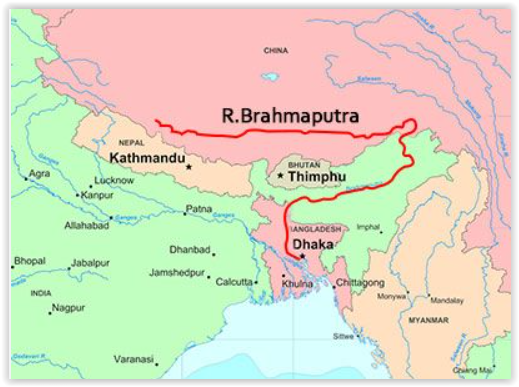
Arrogance Despite a Humiliating Defeat
Perhaps this belligerence stems from an attempt to recover from the embarrassment India faced in the May 2025 Indo-Pak aerial conflict. In what can only be described as a military humiliation, Pakistan’s Armed Forces not only defended their skies but inflicted a heavy blow on Indian pride:
- 7 modern fighter jets downed, including Rafales and Su-30MKIs
- Critical airbases and surveillance assets of S400 AD systems destroyed
- And a nation that boasts of being a regional superpower was forced into strategic silence
Instead of soul-searching or humility, Indian leaders have chosen to lash out like wounded beasts—on the battlefield, in occupied Kashmir, and now through hydrological warfare.

A Direct Threat to Pakistan’s Survival
Let no one underestimate the gravity of what is unfolding. Pakistan is an agricultural country. Our food security, economy, and rural livelihoods depend on uninterrupted and timely river flows—especially from the Chenab, where Pakistan lacks storage infrastructure. If India cuts off or delays this flow at crucial sowing times, millions of Pakistani farmers will suffer, and our national food supply could be endangered.
India’s claim that it is merely “exercising its right to build run-of-the-river projects” is a thin cover for what is clearly an attempt to strangulate Pakistan’s economy.
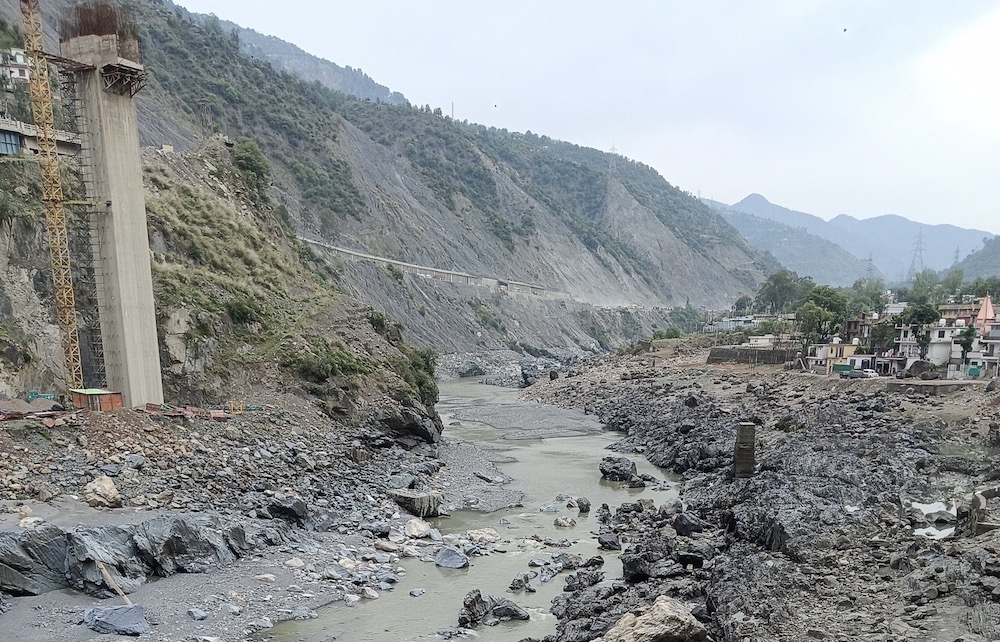
A Message to India: Enough is Enough
Let this be India’s moment of reckoning.
You may have Rafales. We have resolve.
You may have satellites. We have sovereign rights.
You may boast of your military. But you cannot erase our rivers.

If you think that the people of Pakistan will remain silent while you dry up our fields, think again. If you believe that we will fold under pressure, recall the history of every war, every confrontation, every betrayal—we have endured, and we have prevailed.
And now, we are not alone. China’s warning, global scrutiny, and the growing exposure of your internal hypocrisy have eroded the mask of Indian “soft power”. The world is watching. And Pakistan is ready to defend what is rightfully ours.
Conclusion: Back From the Brink—Or Over It
The time has come for India to decide. Will it return to the table of diplomacy and uphold the treaty it signed in 1960? Or will it plunge South Asia into a cycle of eco-terrorism and retaliatory water wars?
Pakistan’s message is simple and resolute:
We will not surrender our rivers. We will not abandon our rights. And we will never kneel to bullying disguised as policy.
Because when you dam a river, it seeks another path. And when you try to suffocate a nation, it comes back stronger—against all odds.

